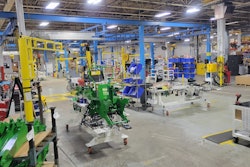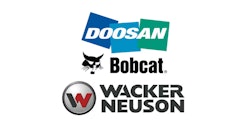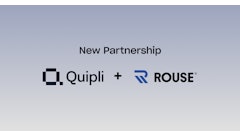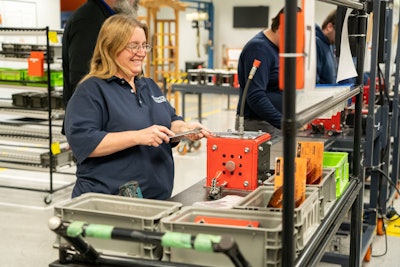
In today's fast-paced global economy, companies often find themselves navigating through a variety of challenges between economic fluctuations to technological advancements. However, one constant remains: the importance of a people-focused culture. Particularly in manufacturing settings, where the heartbeat of production is people, nurturing a people focused culture is a necessity. From the beginning of Toyota, people have been regarded as the most important asset to our organization and decades later, this approach continues to be a guiding principle.
Harnessing Underutilized Talent
In the realm of manufacturing, where precision and efficiency reign supreme, the significance of fostering people and their unique gifts cannot be overstated. Unlike machines, which can be fine-tuned and optimized for peak performance, humans bring a dynamic element to the production process – creativity, adaptability, and problem-solving skills that are invaluable assets in the pursuit of excellence. Recognizing this allows companies to shift their focus from output to optimizing the potential of their workforce.
Toyota recognizes this through the eight mudas, originally identified by Taichii Ohno. In Japanese, muda means “waste.” This refers to things that do not add value to the final product. The original seven mudas are:
- Transportation
- Inventory
- Motion
- Waiting
- Overproduction
- Over Processing
- Defects
And recently Toyota identified an eighth muda, which is considered the largest waste of all: Underutilized People and Skills.
This addition emphasizes the vital importance of people in the manufacturing process, from beginning to end. Not only are underutilized people the biggest waste of an organization, but that also means they are the biggest opportunity for growth and impactful change.
Toyota began by relying on “jidoka,” meaning automation with a human touch. Generations later, our factories still rely on the human touch to add ingenuity and refined skill to the manufacturing process. The further we enter an automated age, it’s important to remember that automation without human touch is constant and unchanging. Automation provides reliability, but it’s the human touch provides innovation and improvement.
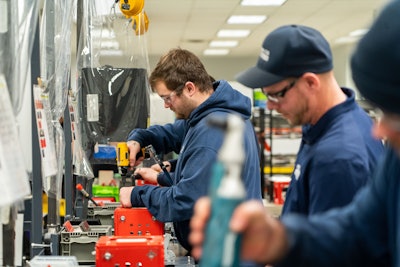 Toyota Material Handling USA
Toyota Material Handling USA
Kaizen: Continuous Improvement
At the heart of a people-focused culture lies empowerment – the belief that every associate, from the factory floor to the boardroom, plays a pivotal role in the success of the organization. Empowering employees is about recognizing their inherent worth and investing in their growth and career development. By providing opportunities for training, mentorship, and career advancement, companies signal their commitment to cultivating a culture of excellence – one where every individual is motivated to reach their full potential. 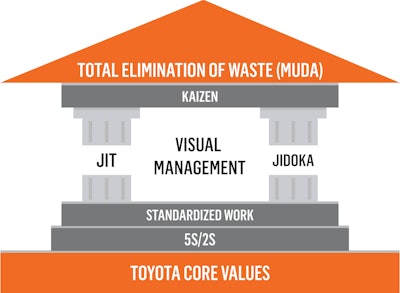 Toyota Material Handling USA
Toyota Material Handling USA
At Toyota, we encourage kaizen in all areas of manufacturing, from all employees. Daily kaizen meetings often include employee submissions with new ideas on how to save time, keep a cleaner space, and generally reduce the first seven mudas. These tangible kaizen opportunities make an enormous difference in the daily workload of our associates and this process encourages everyone to take responsibility for the efficiency of their role. In addition to these daily incremental changes, professional development kaizen opportunities lead to the most transformational change by cultivating impactful career paths that are mutually beneficial for the company and its employees.
Empowerment goes beyond professional development; it's about fostering a sense of ownership and accountability in your people. In a people-focused culture, associates are more than employees, they’re stakeholders in the company's success. By involving them in decision-making processes, soliciting their feedback, and recognizing their contributions, companies cultivate a sense of belonging and loyalty that goes beyond the traditional business relationship. When individuals feel valued and respected, they are more likely to drive innovation.
Creating a Homelike Atmosphere
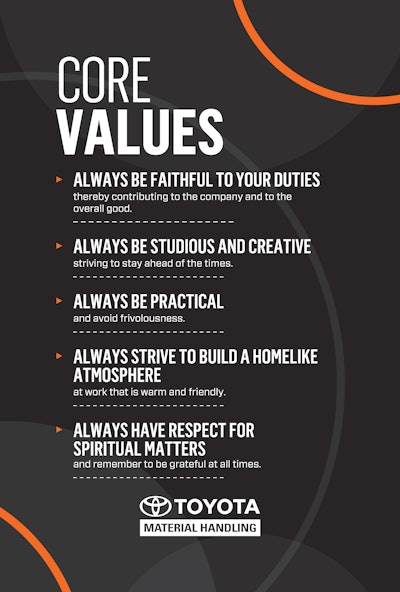 Toyota Material Handling USA
Toyota Material Handling USA
In a globalized world where competition is fierce, the ability to attract and retain top talent is a competitive advantage that can't be understated. However, retention isn't just about offering competitive salaries and benefits – it's about creating an environment where individuals feel valued, challenged, and fulfilled.
One of Toyota’s Core Values: Always Strive to Build a Homelike Atmosphere emphasizes each individual’s impact on their surroundings and their purpose. At face value, this may seem like making our surroundings comfortable. Instead, a homelike atmosphere is a workplace where people can be successful by being authentic at work. We value individuals and want work to be a place they thrive. Perhaps the most compelling reason to embrace a people-focused culture is the impact it has on organizational performance. Studies have shown that companies with highly engaged employees outperform their competitors in virtually every metric – from productivity and profitability to customer satisfaction. When individuals feel a sense of purpose and connection to their work, they're more likely to collaborate effectively, take ownership of their responsibilities, and go the extra mile to ensure success both for themselves and the organization. In short, investing in people isn't just the right thing to do – it's also the smart thing to do.




